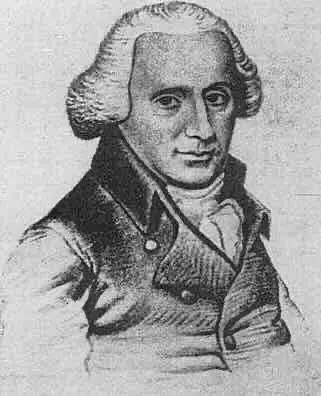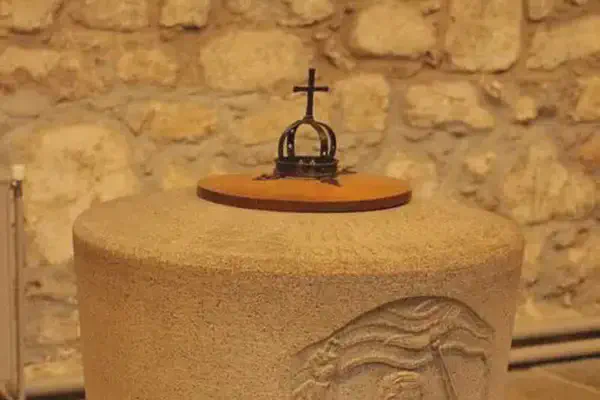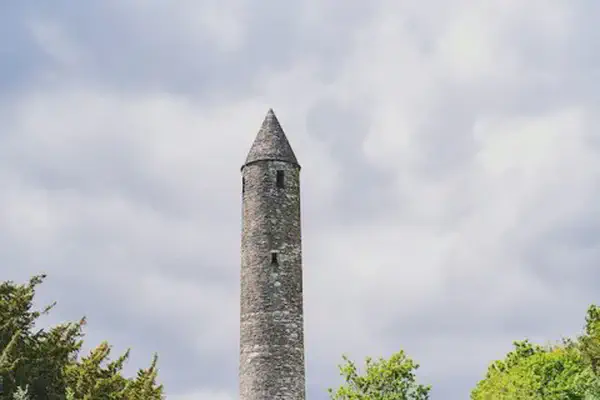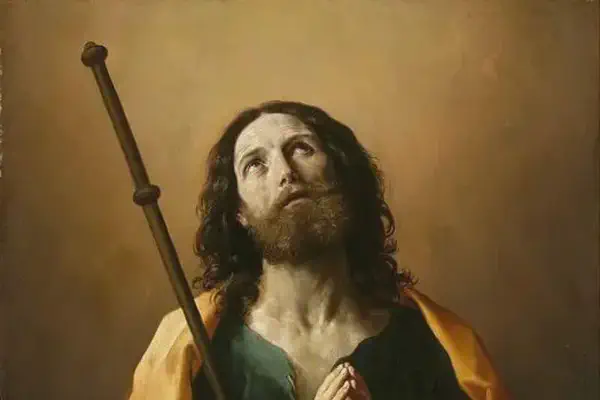On December 31, 1602 in Celtic History
Sylvester o' halloran, surgeon, founder of limerick infirmary, and antiquary, is born in limerick

Sylvester O’Halloran (31 December 1728 – 11 August 1807) was an Irish surgeon with an abiding interest in Gaelic poetry and history. For most of his life he lived and practised in Limerick, and was later elected a member of the Royal Irish Academy (RIA)
O’Halloran was the third son of Michael O’Halloran, a prosperous farmer at Caherdavin, County Limerick, and his wife Mary McDonnell. He was named after Sylvester Lloyd, the titular Catholic bishop of Killaloe in 1728–39.
His mother’s cousin Sean Claragh McDonnell taught him much at an early age, including some Greek and Latin. He went on to a Limerick school run by Robert Cashin, a Protestant clergyman, which was unusual at the time as the O’Hallorans were Roman Catholics during the difficult time of the Penal Laws
Career as surgeon
O’Halloran was a prominent surgeon, medical writer, and antiquary. He wrote several learned treatises on medical matters, and his fame was acknowledged by his membership of the RIA in 1787.
He is particularly remembered for his contributions to the medical field. As a surgeon, O’Halloran was ahead of his time, emphasizing the importance of hygiene and patient care.
He was instrumental in founding the Limerick Infirmary, demonstrating his commitment to improving medical care and access for the public. As a founder of the County Limerick Infirmary that started with 4 beds in 1761 before moving to larger premises at St Francis’s Abbey in 1765. The foundation stone of the original infirmary is now preserved in the Sylvester O’Halloran Post Graduate Centre at the Mid-Western Regional Hospital, Limerick.
Besides his medical work, O’Halloran was also deeply interested in Irish history and archaeology. He wrote extensively on these subjects, contributing to the understanding of Ireland’s past.
His dual interests in medicine and antiquarian studies make him a unique figure in Irish history, bridging the gap between science and the humanities.
Related Content

Shane Patrick Lysaght MacGowan, lead singer of the Pogues, died

St Machar Day, patron saint of Aberdeen

Oíche Shamhna - Cetlic New Year Eve (Halloween)

ALBAN ELFED (Welsh Bardic name for autumn equinox)

Feast day of St. James

John Davie Burgess, King of the Highland Pipers, died at age 71.